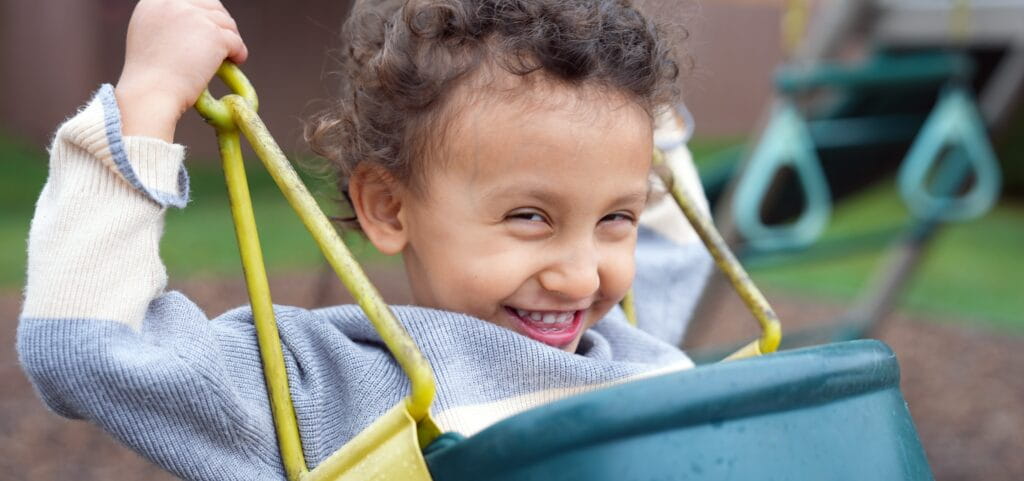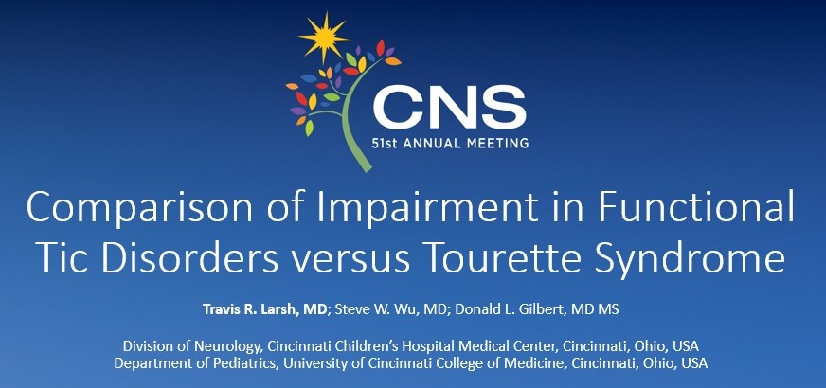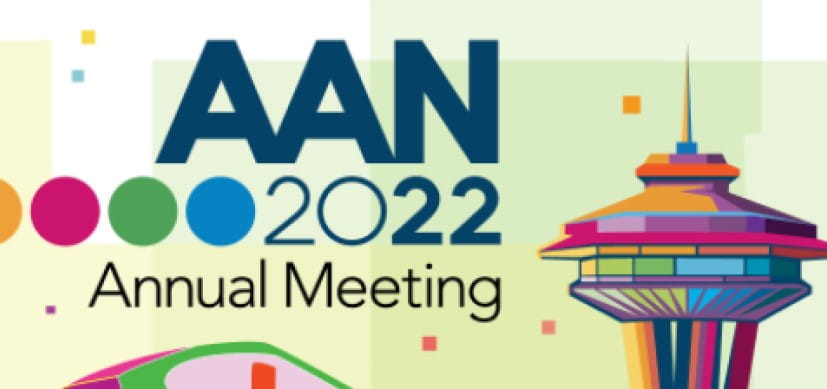Pediatric Neuromodulation Laboratory
Transcranial Magnetic Stimulation Unit
The Transcranial Magnetic Stimulation (TMS) Lab at Cincinnati Children’s is one of the first labs in the country to use TMS technology to study child and adolescent brain function. Our research explores a range of topics related to learning, brain development and coordination of movement.
TMS research involves using a hand-sized magnet to temporarily activate or inhibit areas on the surface of the brain. This allows us to measure and study the “excitability” of the brain’s circuits for controlling movements and behaviors.
In addition, TMS allows us to study how the brain learns new skills. Learning new skills and behaviors involves strengthening some brain connections and weakening others, creating new brain signaling patterns. Called “neuroplasticity” this adaptation may be important for understanding diseases and recovery.
We are also exploring the use of TMS to treat brain diseases. TMS can be used to externally apply energy to the brain and may mimic, or enhance, effects of therapy or practice. TMS pulses may also be able to modify abnormal brain activity linked to some diseases. We are exploring the use of TMS to precisely target areas of abnormal brain activity.
Transcranial Direct Current Stimulation
Transcranial Direct Current Stimulation (TDCS) is a form of brain stimulation in which a weak electrical current is applied to the brain using electrodes on the scalp of a subject. The device is powered by a 9V battery and delivers a constant current between 1 and 2 milliamps.
TDCS is currently being studied as a treatment option for a wide range of neuropsychiatric disorders, including depression, learning disabilities, and chronic pain. At Cincinnati Children's, we are studying the use of this device on treating auditory hallucinations in children with schizophrenia who have not been helped by multiple medications.
Advanced Eye Tracking
Our lab uses several advanced neurobehavioral measurement devices including an advanced eye tracker (Tobii TX300). We use a number of different eye tracking experiments to measure social functioning in autism spectrum disorders as well as during normal development. Our equipment is compatible with our brain stimulation devices.






